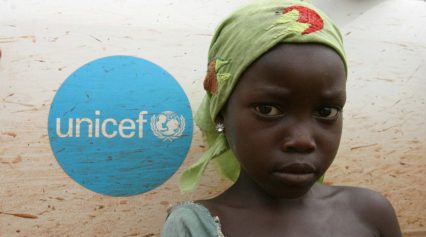On the 20th anniversary of World Breastfeeding Week, UNICEF says strong national policies supporting breastfeeding could prevent the deaths of around 1 million children under five in the developing world each year. Despite compelling evidence that exclusive breastfeeding prevents diseases like diarrhoea and pneumonia that kill millions of children every year, global rates of breastfeeding have remained relatively stagnant in the developing world, growing from 32 per cent in 1995 to 39 per cent in 2010.
“If breastfeeding were promoted more effectively and women were protected from aggressive marketing of breast milk substitutes, we would see more children survive and thrive, with lower rates of disease and lower rates of malnutrition and stunting,” said UNICEF Executive Director Anthony Lake.
Some of the roadblocks to improving breastfeeding rates are widespread and unethical marketing by makers of breast milk substitutes, poor national policies that do not support maternity leave, and a lack of understanding of the risks of not breastfeeding.
In June, world leaders meeting in Washington, D.C., pledged as part of the “Committing to Child Survival: A Promise Renewed” movement to work toward ending preventable child deaths. World Breastfeeding Week provides an opportunity to restate the critical role of breastfeeding in reducing child mortality.
The 2008 Lancet Nutrition Series highlighted the remarkable fact that a non-breastfed child is 14 times more likely to die in the first six months than an exclusively breastfed child. Breast milk meets a baby’s complete nutritional requirements and is one of the best values among investments in child survival as the primary cost is the mother’s nutrition.
“Breastfeeding needs to be valued as a benefit which is not only good for babies, mothers, and families, but also as a saving for governments in the long run,” said Mr. Lake.
Source: All Africa


